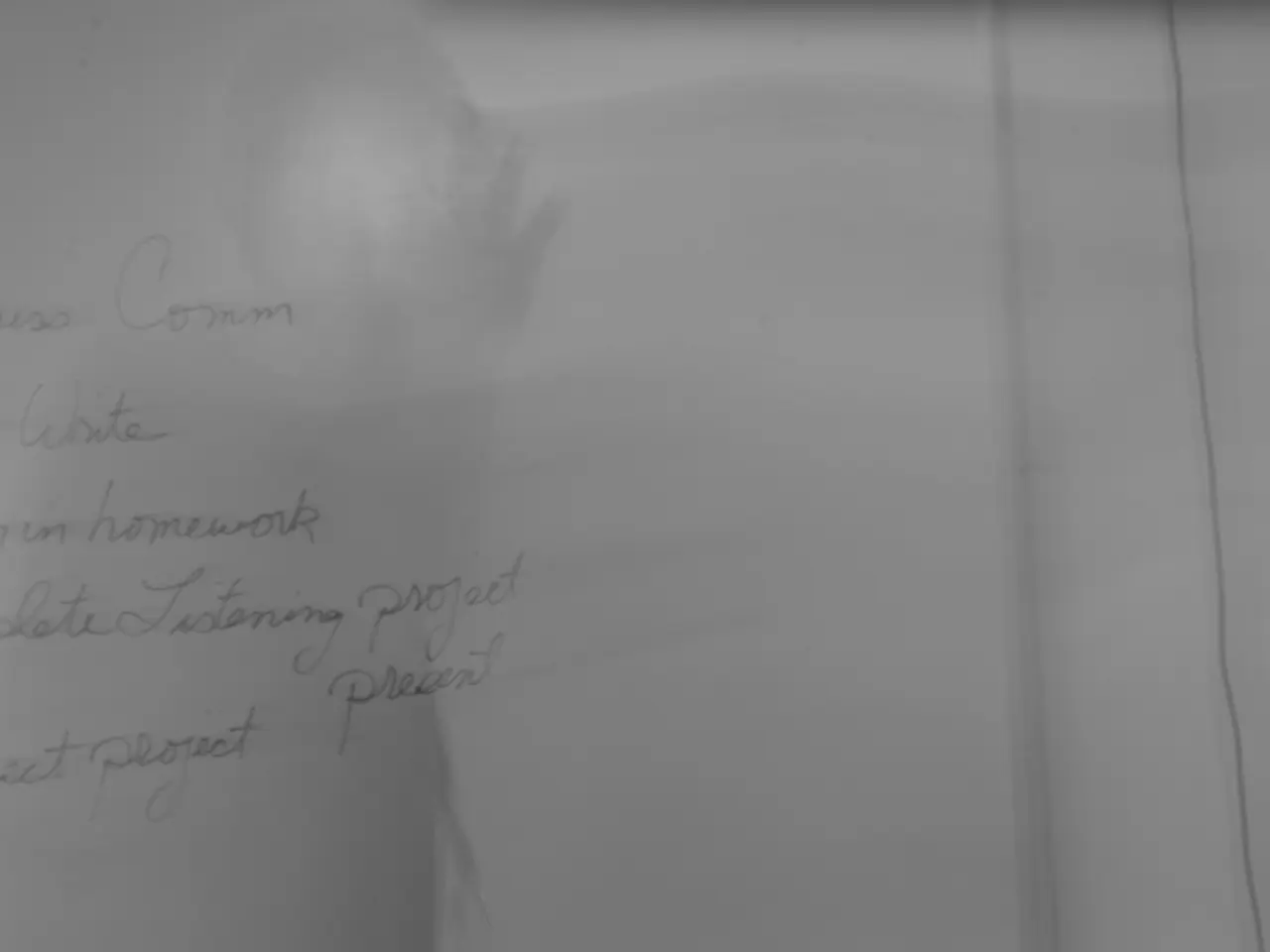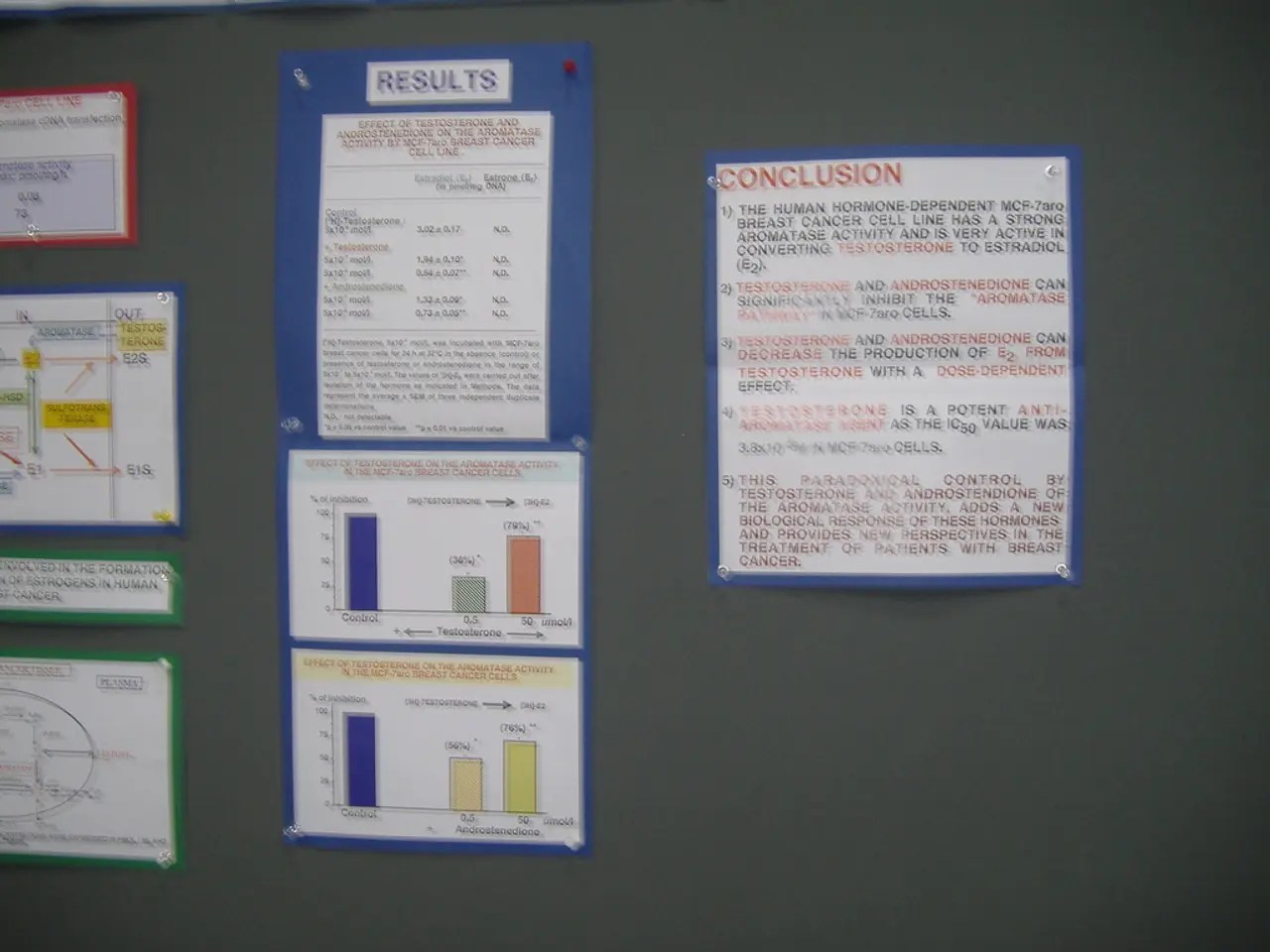Human Survival and the Function of Confirmation Bias in Species Preservation
In the complex world we live in, confirmation bias - a cognitive process that leads individuals to favour information that confirms their pre-existing beliefs or values - significantly impacts decision-making across various domains, including health, politics, and environmental issues.
### Health
Confirmation bias can lead to misdiagnoses or delayed treatments in clinical decision-making as healthcare professionals may overly rely on information that supports their initial hypotheses, ignoring contradictory evidence. Similarly, patients might prefer treatments or information that align with their preconceived notions, rather than considering all available options.
### Politics
Confirmation bias can influence how people perceive political issues, leading them to favour information that supports their existing political beliefs. Policymakers may prioritise data that confirms their existing policies rather than considering alternative perspectives.
### Environmental Issues
Individuals may selectively focus on data that supports their predetermined views on environmental policies, such as climate change mitigation strategies. Confirmation bias can hinder acceptance of new environmental information if it contradicts existing beliefs about personal environmental practices.
## Overcoming Confirmation Bias in Decision-Making
To mitigate the effects of confirmation bias in these critical areas, consider the following strategies:
### General Strategies 1. Seek Diverse Perspectives: Expose yourself to a variety of viewpoints to broaden your understanding and challenge preconceived notions. 2. Encourage Critical Thinking: Engage in critical thinking by actively questioning assumptions and considering alternative explanations. 3. Use System 2 Thinking: Employ System 2, which involves logical and deliberate thinking, especially in complex decisions.
### Specific Strategies for Health and Environmental Issues 1. Evidence-Based Decision-Making: Rely on empirical evidence and scientific consensus when making health or environmental decisions. 2. Interdisciplinary Collaboration: Encourage collaboration among experts from different fields to ensure comprehensive analysis and reduce the influence of personal biases.
### Strategies for Politics 1. Media Literacy: Develop skills to critically evaluate media sources and identify biases. 2. Policy Debate and Feedback: Engage in open debates and seek feedback from diverse stakeholders to challenge assumptions and improve policy development.
By applying these strategies, individuals can reduce the impact of confirmation bias and make more informed decisions across these critical domains. Encouraging critical thinking can help individuals confront their biases, and seeking diverse perspectives can foster more comprehensive understanding.
From an evolutionary standpoint, confirmation bias may have provided adaptive advantages by enabling quicker decision-making in high-stakes survival situations. However, its persistence in modern society poses challenges that can hinder effective responses to contemporary issues. By understanding and addressing confirmation bias, humanity can enhance its adaptability and resilience in the face of ongoing challenges.
Mental-health can be affected by confirmation bias, as individuals may selectively focus on information that confirms their pre-existing beliefs or values, potentially leading to the neglect of alternative solutions for stress management or addressing mental health issues.
In the realm of health-and-wellness, a broader understanding of various treatment options can be fostered by overcoming confirmation bias, encouraging a more holistic approach to personal health and well-being.




